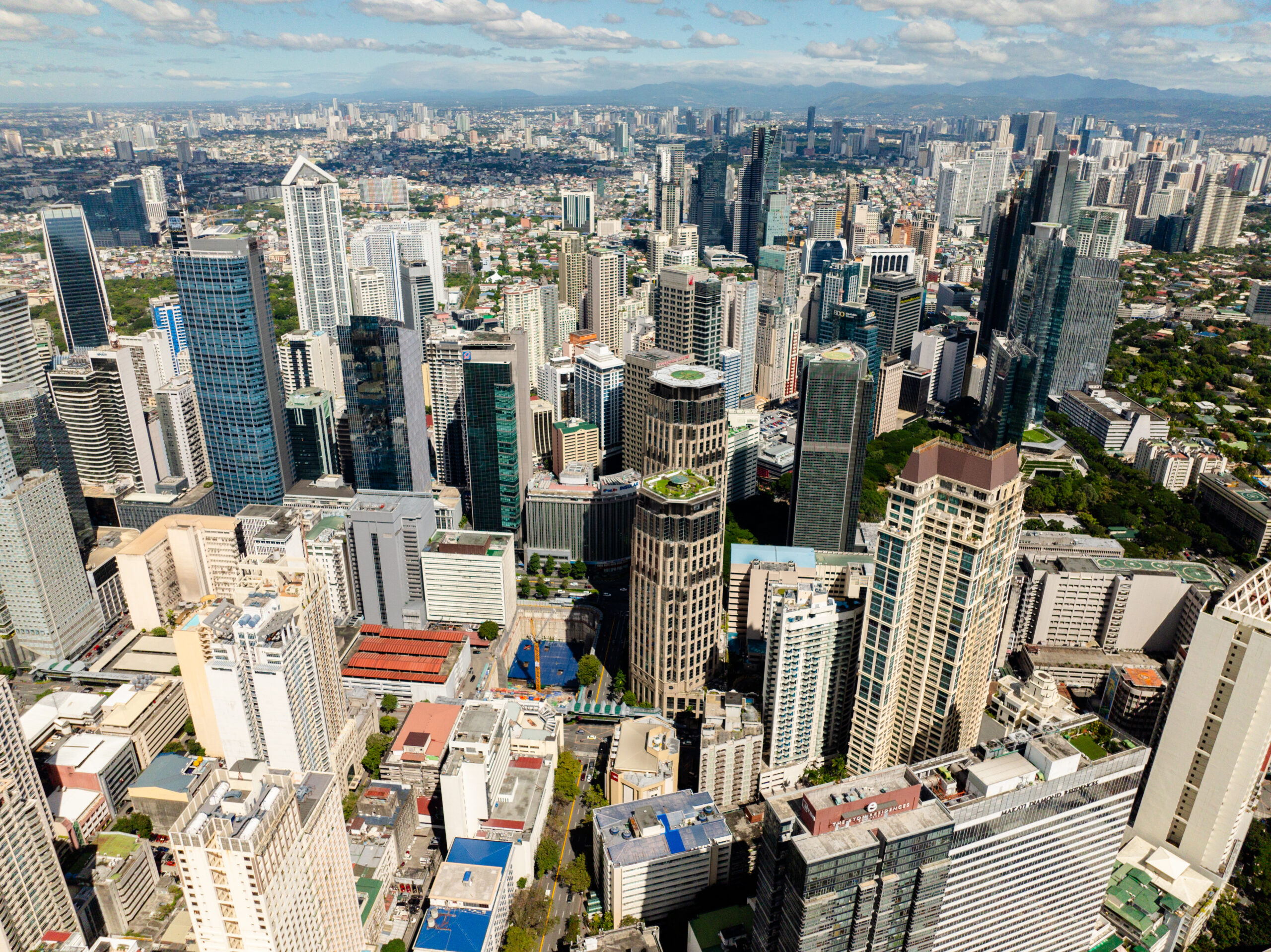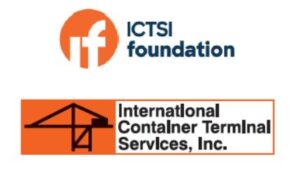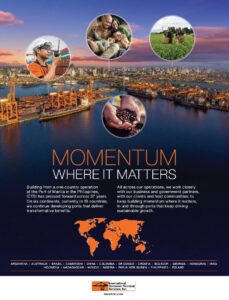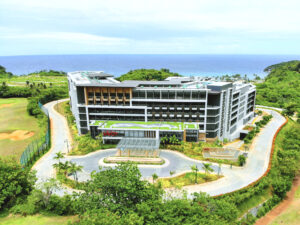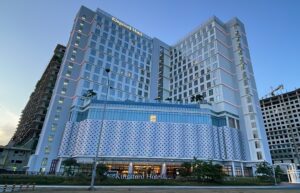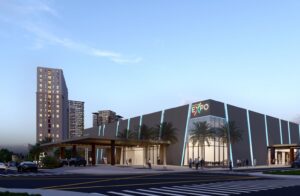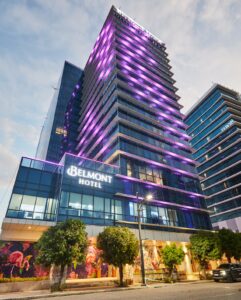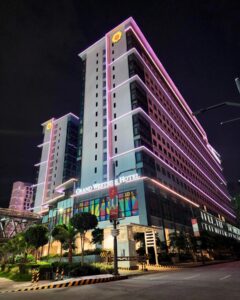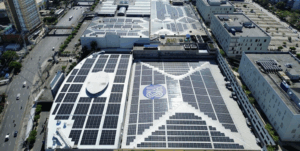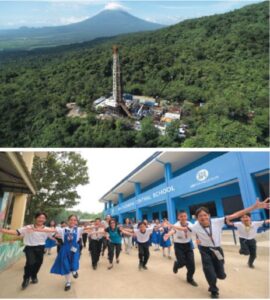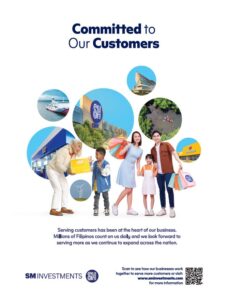The Philippines remains one of ASEAN’s fastest-growing economies, achieving 5.5% GDP growth in the second quarter of 2025, driven by strong domestic demand. Key sectors—including agriculture, industry and services—reported year-on-year growth, contributing to the country’s overall economic performance. Government spending rose 8.7%, with increased investment in education, healthcare, public services and social protection.
The government is accelerating public-private partnerships to at tract greater private sector investment in infrastructure. As of June 2025, 207 flagship projects worth approximately US$176.7 billion have been identified under the “Build Better More” program, spanning key sectors such as education, energy, healthcare, agriculture and digital connectivity. Meanwhile, the Department of Science and Technology plans to invest approximately US$44 million in AI initiatives by 2028 to strengthen the country’s competitiveness and support a sustainable, tech-driven economy.
Resilience in Real Estate
The real estate industry demonstrated resilience in the first half of 2025 despite global market volatility. The office segment continues to grow, driven by increased demand from business process outsourcing (BPO) firms expanding in Metro Manila. In the residential segment, the luxury market remains robust, supported by strong investor interest in high-end developments both within Metro Manila and in key regional locations.
Laurean Residences in Makati City, unveiled recently by Ayala Land Premier, aims to attract homeowners seeking urban living that combines timeless elegance and modern comfort. Its world-class amenities, thoughtfully designed spaces and proximity to major business districts and key lifestyle hubs come together to set a new benchmark for elevated living. Laurean Residences continues Ayala Land Premier’s tradition of creating enduring communities that embody modern luxury in the Philippines.
Meanwhile, the hospitality sector is regaining strength, buoyed by the rapidly growing tourism industry. To capture rising tourist arrivals, hotel developer and operator Megaworld is expanding its portfolio across key destinations. Through its partnership with Accor, Megaworld aims to strengthen its tourism trust by leveraging Accor’s international brand prestige, enhancing the appeal of local townships and elevating the Philippines as a premier tourist destination. Megaworld plans to expand its hospitality portfolio to 9,000 room keys by 2030, solidifying its standing as the Philippines’ largest hotel developer and operator.
Sustainable and Inclusive Growth
With the economy projected to sustain its growth momentum in the second half of the year, conglomerates such as SM Investments Corporation (SM Investments) and International Container Terminal Services, Inc. (ICTSI) remain committed to investing in inclusive and sustainable growth.
SM Investments aims to expand in key areas, reaffirming its commitment to renewable energy as a long-term growth driver. This commitment includes initiatives that support national energy goals—from delivering 300 megawatts of clean, renewable baseload power from its Tiwi and Mak-Ban geothermal steam fields, to pioneering the country’s first megawatt-scale floating solar facility in Cebu. Beyond energy, SM Investments gives back to the community, extending its impact in healthcare, education and food security.
Similarly, ICTSI views its role as more than just moving cargo, integrating social responsibility into its business model. The ICTSI Foundation, the company’s social development arm, introduces impactful community initiatives globally, with the Philippines serving as its launchpad. Programs piloted locally shape community development efforts across ICTSI’s international network, where its advocacy for youth, education, sports, sustainability and resilience is reflected and adapted to the needs of diverse host economies.
Looking ahead, the Philippines is projected to sustain strong growth of 5.5% to 6.5% in 2025, driven by efforts to promote inclusive development and expand economic opportunities across sectors.
